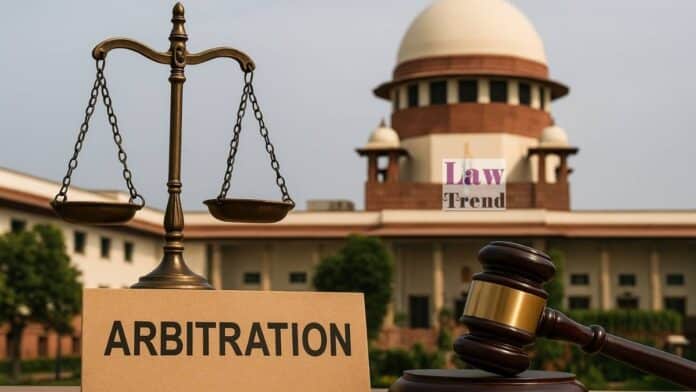The Supreme Court, in a significant ruling, has held that an application for the appointment of an arbitrator, filed after the standard three-year limitation period, is not time-barred if the period of delay is covered by the court’s order extending limitation periods due to the COVID-19 pandemic. A bench of Justice Dipankar Datta and Justice
To Read More Please Subscribe to VIP Membership for Unlimited Access to All the Articles, Download Available Copies of Judgments/Order, Acess to Central/State Bare Acts, Advertisement Free Content, Access to More than 4000 Legal Drafts( Readymade Editable Formats of Suits, Petitions, Writs, Legal Notices, Divorce Petitions, 138 Notices, Bail Applications etc.) in Hindi and English.




